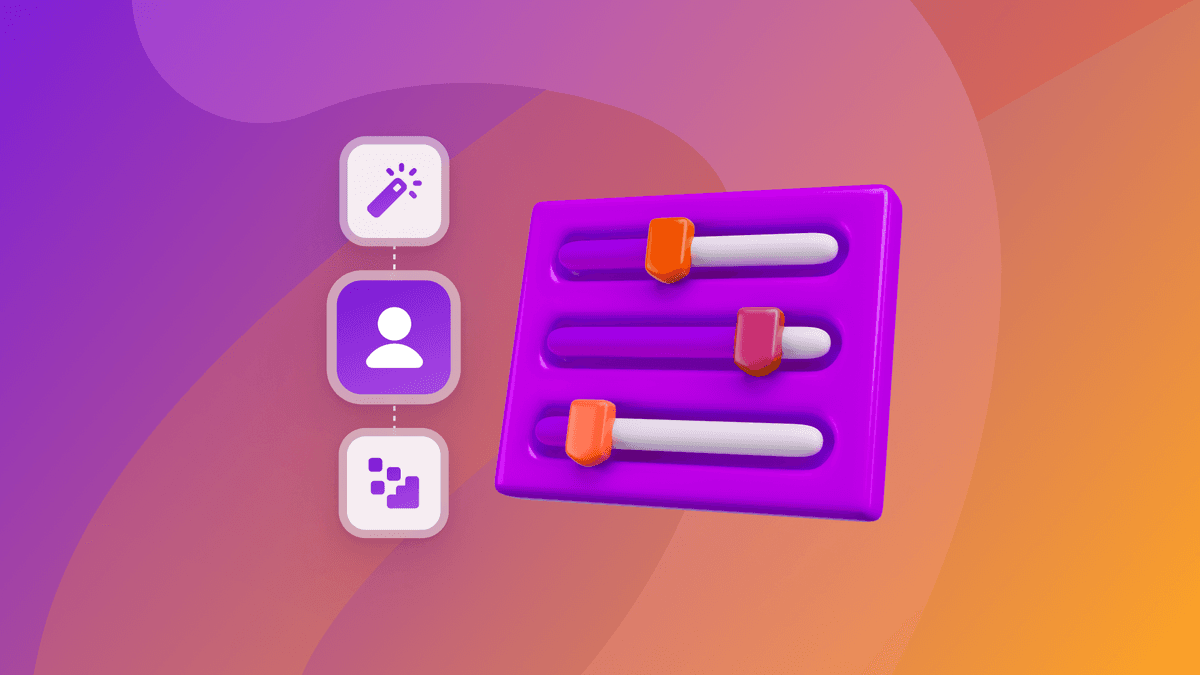Consistency: The Key to Effective Customer Engagement
Published on January 21, 2020/Last edited on January 21, 2020/5 min read


Magith Noohukhan
Product Evangelist, BrazeThe concept of New Year’s resolutions goes back thousands of years. The Babylonians pioneered resolutions more than 4,000 years ago when they became the first people on record to celebrate the new year. The ancient Romans followed in their footsteps beginning in 46 BCE, when they established the forerunner to today’s calendar. For the Babylonians, it was all about promising to pay the debts and to return the things they’d borrowed; for the Romans, it was about promising good conduct in the coming year. And with 2020 still in its first weeks, I’ve been thinking a lot about my own resolutions, and how often I fail to achieve them (or even remember to pursue them) once January ends.
I’m not alone in that. In fact, 45% of US residents make a New Year’s resolution and only 8% actually follow through—which isn’t a great success rate. Speaking for myself, failing to be consistent about pursuing my resolutions has been one of the biggest problems with my iffy resolution track record.
Consistency ensures success when you’re pursuing a goal, but being consistent is precisely the challenge. That’s particularly true when it comes to customer engagement. Marketers must take their ideas to all the way to completion when they craft brand messaging, customer communications, promotional messages, and re-engagement campaigns across hundreds of segments and multiple platforms and devices. The key to their success is following through on marketing goals while maintaining a consistent, cohesive approach that leaves room for iteration and improvement. Given that, let’s explore what “consistency” really looks like when it comes to brilliant customer engagement.
What It Takes To Add Value Consistently
Start with a goal—then add data. Providing a memorable customer experience should be among the central goals for today’s marketing, growth, and engagement teams. When you consider all the interactions a customer has before and after they buy something, it’s clear that providing a consistently valuable brand experience—click by click and moment by moment—is a key part of any successful marketing program.
Making all the happen requires you to connect with your customers on a personal level by understanding their individual behaviors and preferences. That process starts with data. If your customers have granted you access to information like their purchase history and engagement behavior you can use insights gleaned from that data to ensure that the messages and brand experiences you provide are meeting—or exceeding!—your customers’ expectations.
Consistency leads to convenience. What does that look like? This New Year’s Eve, more than 100,000 people gathered at the London Eye, the iconic observation wheel on the Thames, to watch the fireworks at midnight. As you can imagine, everyone was rushing to get home as soon as the fireworks were over. (Well, most of them probably went to the pub, but you get the idea…) I was one of them. And right when I opened my smartphone to find a ride, I got a push notification from a car hailing company letting me know that they had cars nearby and no surge pricing despite the high demand. That’s clear added value, and the convenience was a perfect start to the New Year. If you understand your customers’ context and use it to design experiences that meet them when and where they are, you’re well-positioned to drive real loyalty and major ROI.
Three Recommendations for Consistently Creating Brilliant Customer Experiences
Think before you act. As a marketer, ensuring consistently brilliant brand experiences for your customers requires you to ask the right set of questions every time you decide to engage.
- Does this message feel like a conversation between friends, instead of self-serving or a hard sell?
- Does it make the recipient’s life easier, simpler, or more fun?
- Does it make sense in the messaging channels you’re planning to use?
Capture changing preferences. Personally, my preferences change every now and again—and the same goes for the people who make up your customer base. If you want to maintain strong revenue and strong relationships with your customers, it’s your responsibility to capture those changing preferences so you can reach each customer with the right message at the right time (and with the right frequency). Maintaining consistency in this scenario means having tools that can help you better understand user preferences in real time and automate personalized outreach that can serve those preferences effectively.
Respect your customers’ privacy. Sara Spivey, CMO at Braze, recently told Forbes, “When it comes to brand engagement, consumer expectations only go in one direction: Up. And given how much data we collect on them—their patterns, their habits, their preferences—well, frankly, they expect us to be smarter. Incorporating the context of where the customer has been, where they are right now, and where they want to go next is critical to brilliant customer experiences.”
At the same time, in today’s fast-changing technology and regulatory landscape, it’s essential for brands to respect consumer preferences around data collection by ensuring that they only collect the data that they need to provide better brand experiences, instead of every piece of data in sight. It can be a delicate balance, but it’s one that brands need to master—and master consistently—to stay successful.
Final Thoughts
These days, it’s easy for marketers to send millions of messages in seconds. But sending those messages without a real focus on providing consistently brilliant experiences that drive real value can put your customer relationships (and future revenue) at risk. So let 2020 be the year when marketers resolve to be consistent when it comes to the quality of their customer engagement efforts—and keep that resolution past January.
Related Tags
Be Absolutely Engaging.™
Sign up for regular updates from Braze.
Related Content
View the Blog
How behavioral marketing turns data into personalized experiences

Team Braze

Are you AI-savvy enough to survive? A wake-up call for CMOs

Team Braze

What are contextual bandits? The AI behind smarter, real-time personalization
